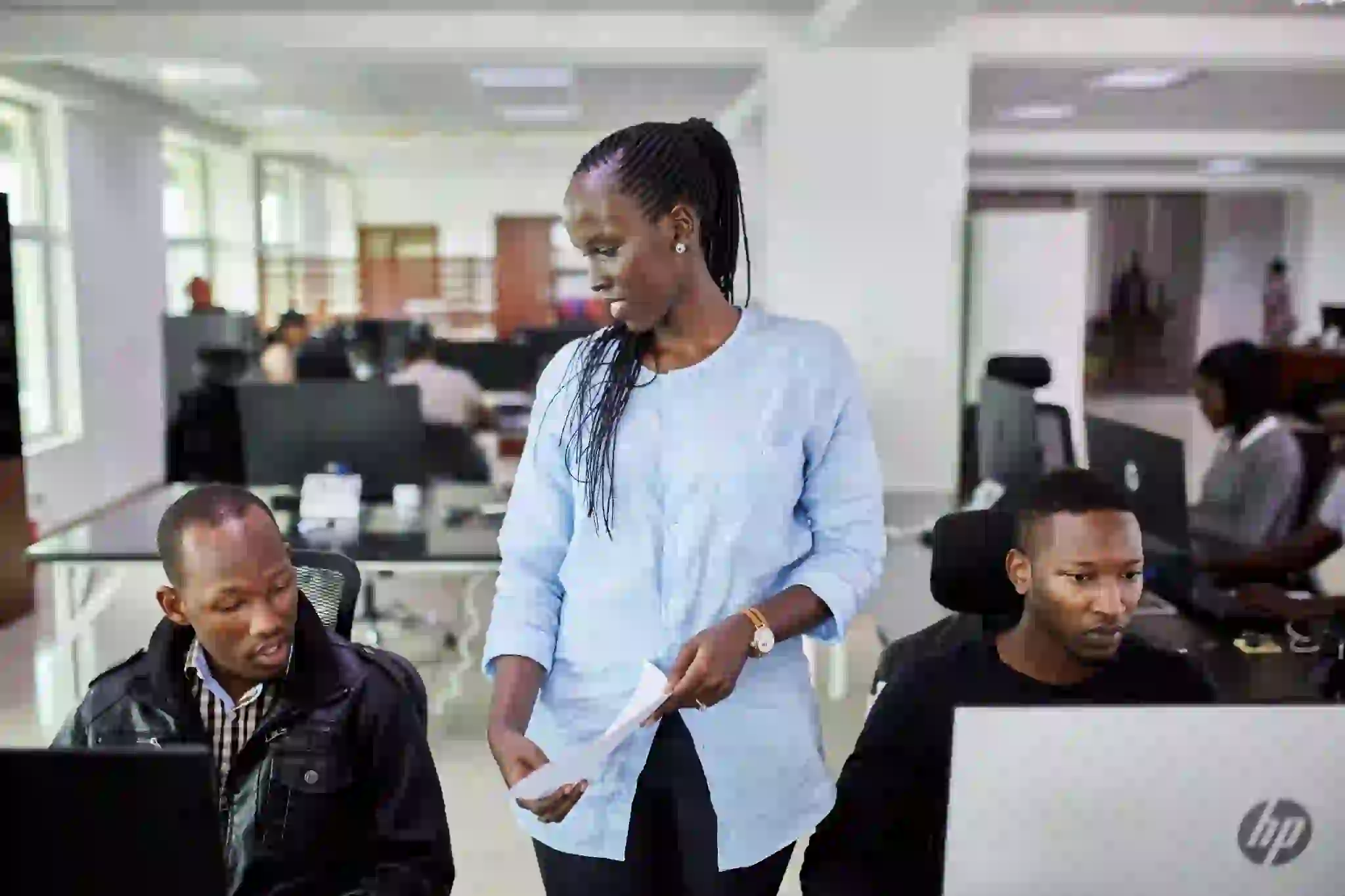The African Development Bank (AfDB), in collaboration with the International Labour Organization (ILO), has introduced a new framework to integrate youth employment, skills development, and entrepreneurship into its wide-ranging investments across Africa.
Known as the Youth, Jobs and Skills Marker System, this initiative aims to maximize the impact of every dollar invested by placing Africa’s young people at the center of development strategies.
The new system is aligned with the African Development Bank’s latest Ten-Year Strategy, which highlights the need to transform Africa’s demographic advantage into economic growth by focusing on young people.
This approach ensures that all Bank-funded projects, from agriculture to transport, energy, water, and education—systematically include measures that promote youth employability, entrepreneurship, and acquisition of practical skills.
Dr. Beth Dunford, the Bank’s Vice President for Agriculture, Human and Social Development, stated, “The Youth, Jobs and Skills Marker System is about ensuring Africa’s young people have a real say and active role in building sustainable economies and creating jobs – not as passive recipients of youth programs. This transformation of Bank practices and systems is a step toward making sure our investments have a positive impact on Africa’s young women and men.”
The Marker System focuses on three areas, including youth, skills, and jobs. Under the youth component, the Bank will provide support for youth-led micro, small, and medium-sized enterprises through targeted investments and operational support.
The skills segment aims to improve access to practical, market-driven training and apprenticeships, giving young people the tools to succeed in various industries. Finally, the jobs component is dedicated to ensuring that Bank-financed projects result in sustainable employment, especially by enhancing youth capabilities and promoting businesses along critical value chains.
Africa faces a pressing employment challenge, with about 10 to 12 million young people entering the labor market each year, but only around three million formal jobs available annually. In response, the Bank plans to focus on youth entrepreneurship and partner with the private sector to promote skills training and job creation over the next decade.
Peter van Rooij, Director of Multilateral Partnerships and Development Cooperation at the ILO, emphasized the broader global relevance of the initiative. “This initiative is very important because it allows us to significantly contribute to the United Nations Sustainable Development Goal #8 that includes decent work for all. It also allows the International Labour Organization to influence the Bank’s work, to support their lending that is more geared toward more job creation and better jobs in a sustainable way.”
The new system is modeled after the Bank’s successful Gender Marker System and its digital dashboard, which categorizes projects by their impact on gender equality and women’s empowerment.
The Youth, Jobs and Skills Marker System will similarly include an online platform. This platform will provide real-time data to support various Bank activities including country strategy paper development, mid-term reviews, annual reports, and project supervision. It will also aid in tracking youth-related outcomes in employment, training, and entrepreneurship.
The African Development Bank has already rolled out a pilot version of the Marker System ahead of its full implementation in 2026. The pilot is designed to test and refine the platform’s ability to collect accurate data, monitor youth skills acquisition, improve labor market information systems, and support evidence-based policymaking across the continent.
Technical support for developing the system came from the ILO, with financial backing from the Bank’s Youth Entrepreneurship and Innovation Multi-Donor Trust Fund.
According to both institutions, this is the first system of its kind initiated by a development finance institution, marking a significant step forward in aligning financial investments with sustainable youth-focused development outcomes.

